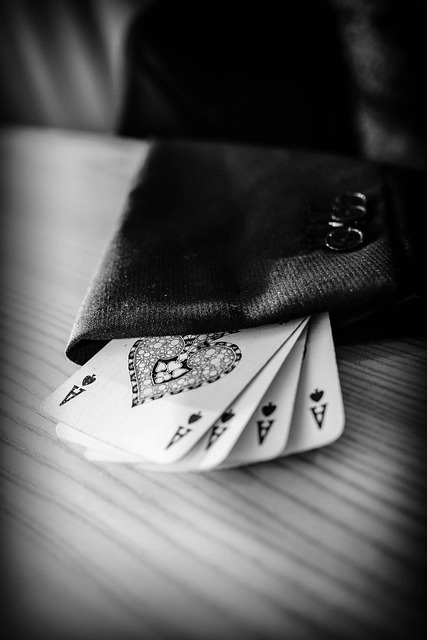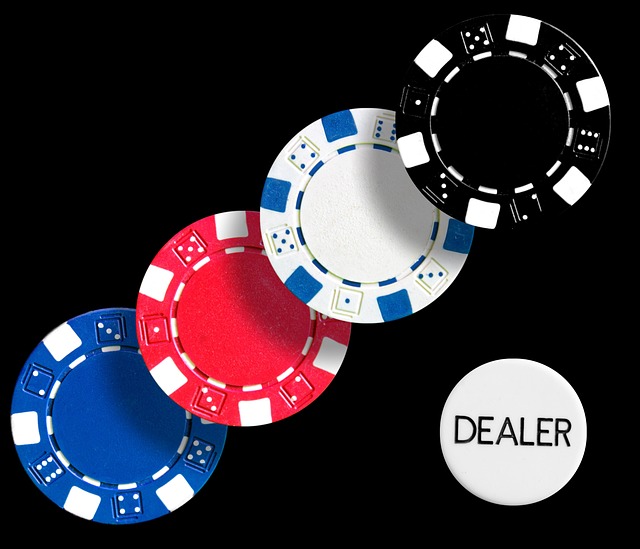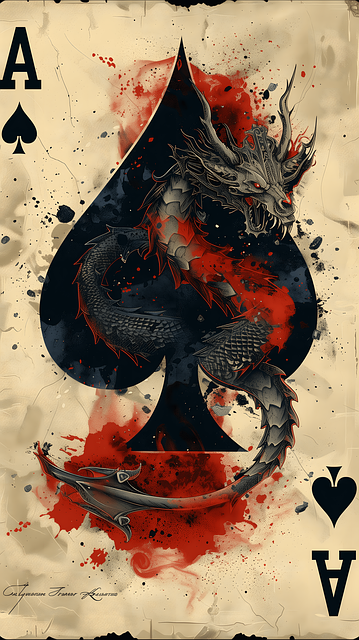Mastering hand rankings is a crucial first step for any beginner learning How to Play poker. Understanding card combinations allows players to evaluate hands and make strategic decisions, from Royal Flushes to High Cards, each with specific requirements. By memorizing these patterns, enthusiasts navigate the game's complexities, strategize effectively, and enhance their gameplay experience. The structured rounds involve dealing cards and betting, with players combining hole cards and community cards to form the best hand. Winning combines strategy, skill, and psychology; understanding concepts like folding, assessing hand strength, and opponent tendencies improves performance.
Learn the fundamentals of poker with our comprehensive guide on “How to Play Poker”. From understanding poker hand rankings to navigating card dealing and betting rounds, this article equips new players with essential strategies. Discover tips that can enhance your gameplay, whether you’re a beginner or looking to refine your skills. By the end, you’ll be well-prepared to join games with confidence.
- Understanding the Basics of Poker Hand Rankings
- Playing the Game: Card Dealing and Betting Rounds
- Winning Strategies: Tips for New Players
Understanding the Basics of Poker Hand Rankings

When learning how to play poker, understanding hand rankings is a crucial step. The goal is to form the best five-card hand according to the established hierarchy. From highest to lowest, the rankings are as follows: Royal Flush, Straight Flush, Four of a Kind, Full House, Flush, Straight, Three of a Kind, Two Pair, One Pair, High Card.
Memorizing these rankings is essential for beginners as it provides a framework for decision-making during gameplay. Each hand ranking has specific combinations that determine its strength. For instance, a Royal Flush consists of Ace, King, Queen, Jack, and 10 all of the same suit. Understanding these patterns will empower players to strategize, evaluate their hands, and make informed decisions while navigating the complexities of poker games.
Playing the Game: Card Dealing and Betting Rounds
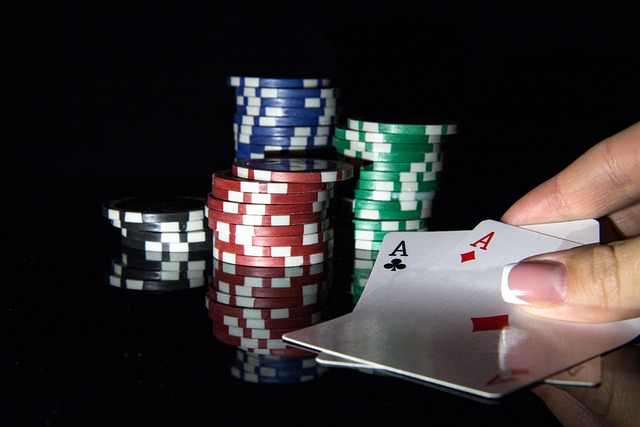
Playing the game involves a structured series of card dealing and betting rounds. At the start, each player is dealt two cards face down, known as their hole cards. The dealer then places five community cards face up in three stages, called the flop, turn, and river. These community cards are shared by all players and can be combined with their hole cards to form the best possible hand.
Betting rounds occur between each card reveal. Players have the option to check (pass), bet, call (match the previous bet), or fold (discard their hand). The aim is to win the pot, which contains all bets made during that round. Understanding these fundamental steps and betting dynamics is crucial when learning how to play poker.
Winning Strategies: Tips for New Players
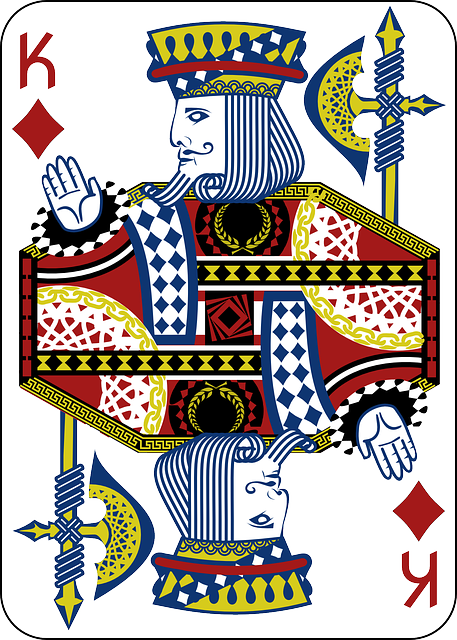
Winning at poker isn’t just about luck; it’s a blend of strategy, skill, and psychology. For new players, understanding basic concepts can significantly enhance your game. One key tip is to learn when to fold. Knowing your hand strength and the likelihood of improving it is crucial. Avoid playing weak hands early on and be selective about which battles to engage in.
Another powerful strategy is to study your opponents. Observe their betting patterns, body language, and tendencies. This information can leak valuable insights into their potential hands, helping you make more informed decisions. Remember, poker is a game of patience. Play tight when you’re unsure, and don’t be afraid to wait for the right moment to strike. How to play poker effectively involves combining these strategies with a calm and calculated approach.
Poker is a game of skill, strategy, and understanding hand rankings. By grasping the basics of card dealing, betting rounds, and hand values, you can start your poker journey. Our tips for new players emphasize the importance of patience, observation, and adapting your strategies accordingly. Remember, practice makes perfect, so keep playing and learning to improve your How to Play Poker skills.


